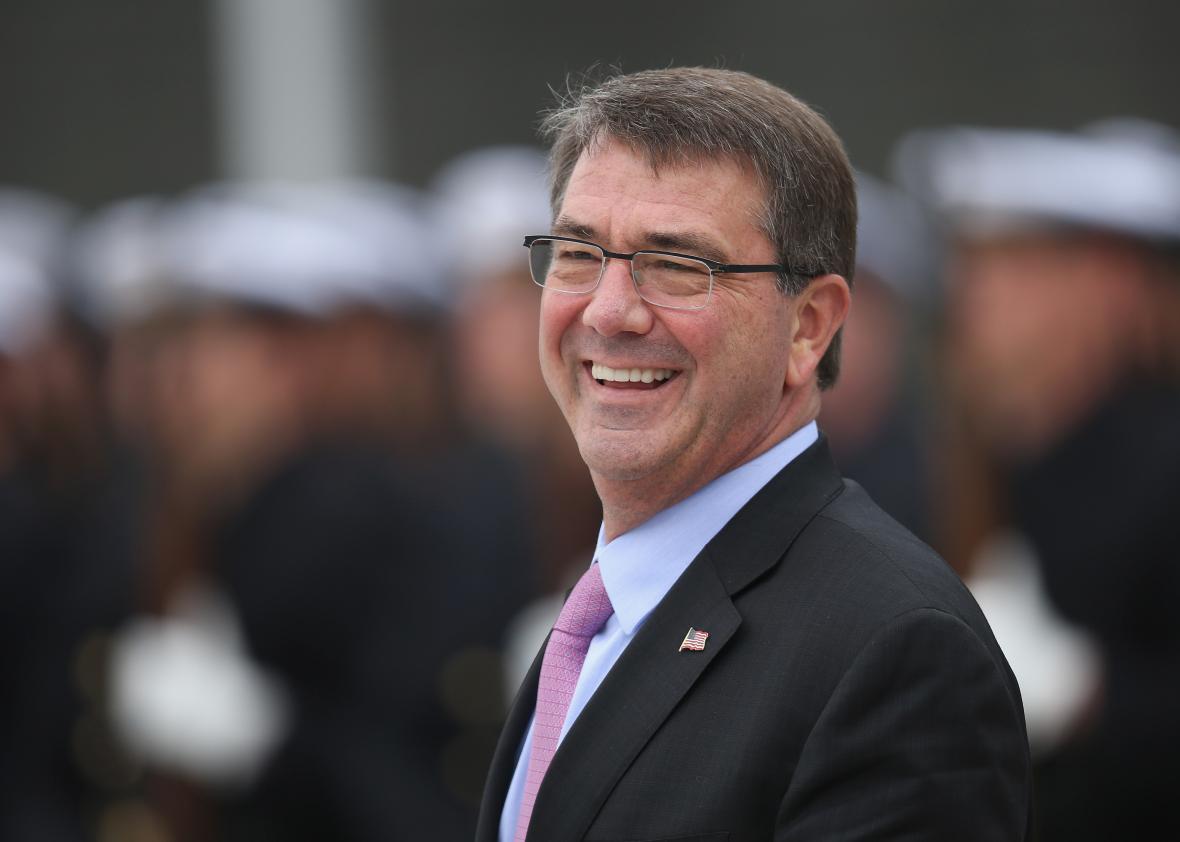On Monday, Secretary of Defense Ashton Carter announced steps that seem to signal an end to the Department of Defense’s outdated ban on transgender troops serving in the military. The reform could take effect early next year.
In 2011, the repeal of the military’s “don’t ask, don’t tell” policy was celebrated for welcoming gay and lesbian service members, but the estimated 15,000 transgender active service members were excluded. Trans troops were therefore forced to hide their gender identity or rely on superiors not to report them.
This injustice did not go unnoticed: Lawmakers rallied for change; a former surgeon general argued against the ban’s faulty medical science; and transgender troops came forward with their personal stories. Finally, these actions seems to have been noticed in the Pentagon.
On Monday, Carter called on Under Secretary of Defense for Personnel and Readiness Brad Carson to create and lead a working group, which, over the next six months, will review the implications of transitioning to a trans-friendly policy. “At my direction,” Carter declared, “the working group will start with the presumption that transgender persons can serve openly without adverse impact on military effectiveness and readiness, unless and except where objective, practical impediments are identified.”
In order to protect those currently serving, Carter also ordered that “all administrative discharges for those diagnosed with gender dysphoria or who identify themselves as transgender” during the review process will be directed to Carson, “who will make determinations on all potential separations.”
Although the military kept detailed records of the number of service members who were discharged because they were gay or lesbian during the Don’t Ask, Don’t Tell era, it does not keep such detailed records on transgender service members. The Daily Beast points out that when trans service members are discharged, their superiors usually attribute it to other reasons.
As Nathaniel Frank explained in Slate last March, the ban:
is really a string of different restrictions left over from a time when anything outside a straight and narrow norm was regarded as a mystifying and dangerous difference. Defense Department medical standards disqualify applicants with “major abnormalities or defects of the genitalia such as change of sex,” as well as what the Pentagon calls “psychosexual conditions,” which include “transsexualism, exhibitionism, transvestism, voyeurism, and other paraphilias.”
The Department of Defense’s policy on transgender service members has long been out of date. Secretary Carter’s plan signals a promise to overhaul a policy rooted in prejudice and painful inaccuracies.
